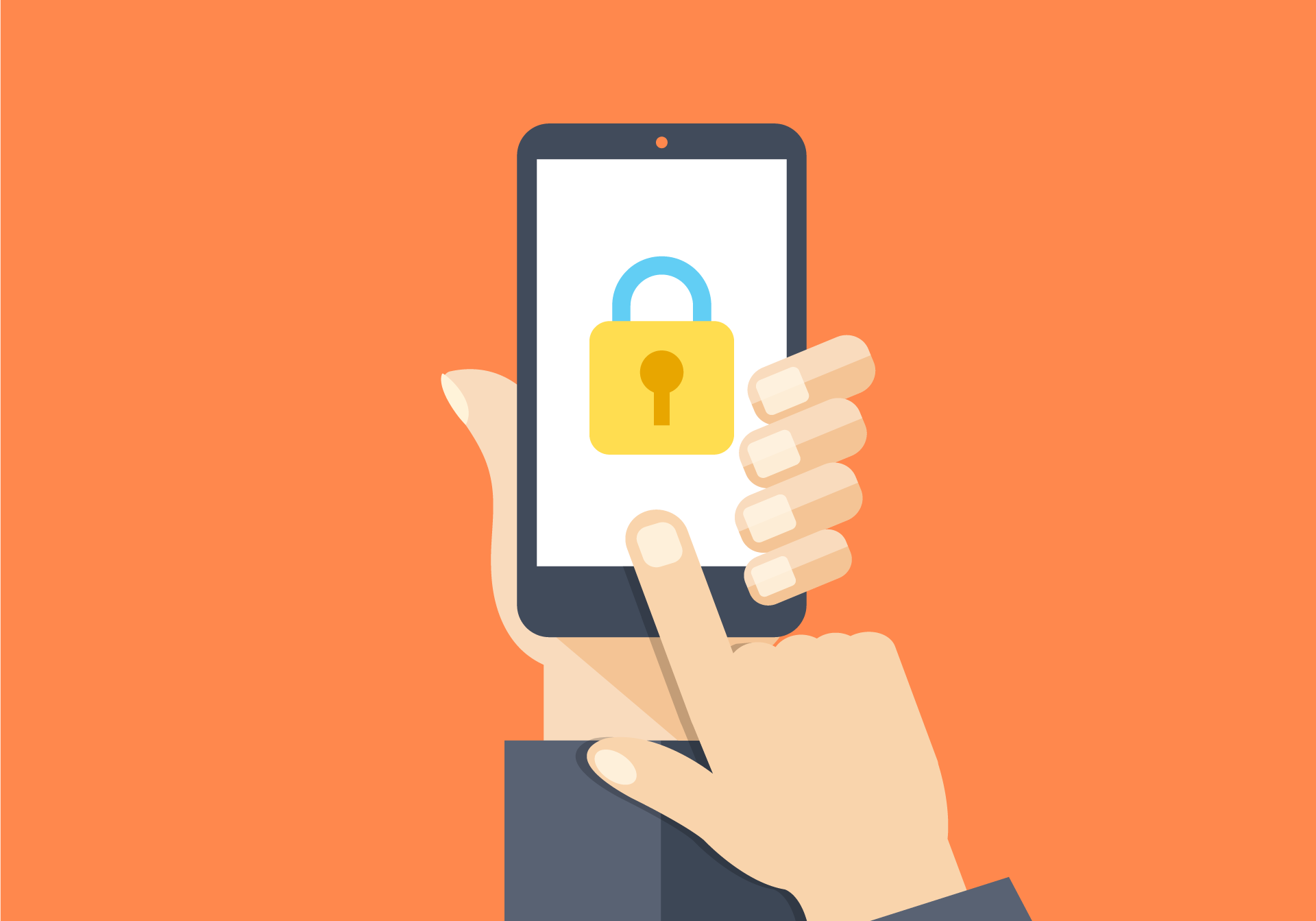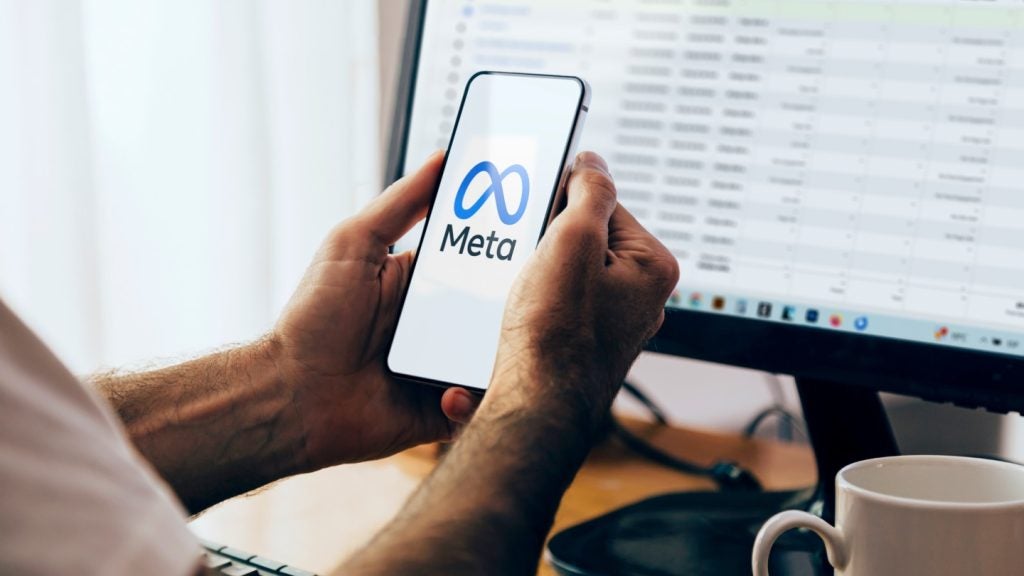Amid the Covid-19 pandemic, governments are looking to digital contact-tracing solutions to help contain the virus. But their effectiveness depends on the detail of information health officials can get. For some governments, the contact-tracing initiative announced by Apple and Google doesn’t go far enough to help them effectively track the virus.
Apple and Google chose Bluetooth
Apple and Google are planning to release an application programming interface (API) in May that public health authorities can use to build contact-tracing apps The news was welcome as the two companies control the world’s two most widely used operating systems, reaching billions of smartphones globally. But Apple and Google chose to use Bluetooth signals only. These allow anonymized tracing based on the proximity of phones rather than the location of a user. Apple and Google have stressed that privacy is at the forefront of their initiative, and they will limit the type of information that health officials can access.
That isn’t sitting well with some governments, which say they need more detailed information to help curb the virus. The issue highlights the conundrum that pits privacy against a public safety need to contain the virus. And Apple and Google are unlikely to change their stances. Apple has marketed itself on privacy. Any relaxing of privacy protocols will tarnish its image. Google has been under fire for not protecting privacy enough. As such, we will likely see other contact-tracing solutions come to the fore.
Privacy is an issue with some solutions
In the US, the state of Utah has implemented a different solution, called Healthy Together, and it uses GPS, location data and Bluetooth to track an infected person, allowing public health officials to access a list of all of the people who came into contact with that person. The app has earned the ire of civil rights groups such as the ACLU and the Electronic Frontier Foundation. They say it invades privacy by collecting personally identifiable information. Officials from Utah say only a limited number of people will have access to this information.
“Bluetooth on its own gives a less accurate picture than Bluetooth and GPS location data,” reads Utah’s website. “The goal of Healthy Together is to allow public health officials to understand how the disease spreads through the vector of people and places, and both location and Bluetooth data are needed to accomplish that.”
Some European countries want changes
In a similar vein, France has publicly asked Apple and Google to weaken their privacy protections, saying the country’s current plans won’t work without modifications. France wants to feed data to a central server that is managed by state health services to alert users if they come into contact with an infected person. The Apple-Google system keeps data on users’ handsets. Other European countries, such as the UK, reportedly want changes too.
How well do you really know your competitors?
Access the most comprehensive Company Profiles on the market, powered by GlobalData. Save hours of research. Gain competitive edge.

Thank you!
Your download email will arrive shortly
Not ready to buy yet? Download a free sample
We are confident about the unique quality of our Company Profiles. However, we want you to make the most beneficial decision for your business, so we offer a free sample that you can download by submitting the below form
By GlobalData








Related Company Profiles
Google LLC
Apple Inc